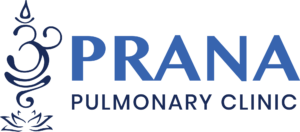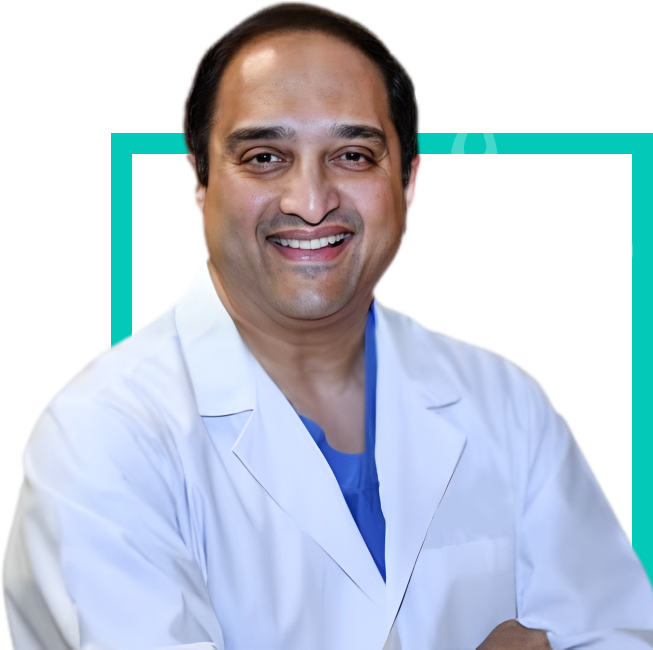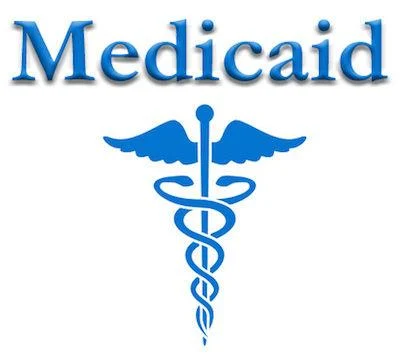Is CPAP the Only Way? Alternatives to Machines for Sleep Apnea Relief

For many people diagnosed with obstructive sleep apnea, the first recommendation is often a CPAP (Continuous Positive Airway Pressure) machine. While CPAP therapy can be highly effective, it’s not ideal for everyone. Some patients find the mask uncomfortable, struggle with the noise, or simply can’t stick with nightly use. Fortunately, there are other proven treatments available that don’t involve bulky equipment or air pressure.
Understanding your options can be empowering, especially if you’re frustrated or overwhelmed by CPAP. Whether you’re newly diagnosed or have been using a machine for years, it’s worth considering other therapies that may be more suitable for your lifestyle and sleep patterns. If you’re one of the many people living with obstructive sleep apnea in Morristown, TN, you have a range of alternatives to explore.
Oral Appliance Therapy
Custom-made dental devices, also known as mandibular advancement devices, are a leading alternative for mild to moderate sleep apnea. These mouthpieces gently reposition the lower jaw and tongue forward during sleep, keeping the airway open. Unlike CPAP machines, oral appliances are quiet, compact, and portable.
Many patients prefer these devices because they’re easier to travel with and don’t require electricity or maintenance beyond regular cleaning. Dentists trained in sleep medicine work closely with sleep specialists to ensure the appliance is fitted correctly and remains effective over time.
Lifestyle and Weight Management
Obesity is one of the strongest risk factors for obstructive sleep apnea. Excess tissue around the neck and throat can narrow the airway and contribute to breathing interruptions during sleep. For some individuals, weight loss alone can significantly reduce or even eliminate apnea episodes.
A combination of a balanced diet, consistent physical activity, and support from medical professionals can help patients sustainably lose weight. Even a modest weight reduction may lead to noticeable improvements in sleep quality, oxygen levels, and daytime energy.
Positional Therapy
For certain individuals, sleep apnea symptoms are more severe when sleeping on their backs. This position can cause the tongue and soft palate to collapse backward, blocking the airway. Positional therapy focuses on training the body to sleep on the side instead.
Simple solutions like wearing a positional vest or using pillows designed to prevent back sleeping can make a substantial difference. While this approach isn’t a cure, it can be effective for those with positional sleep apnea as part of a broader treatment plan.
Nasal and Airway Surgery
When structural issues in the nasal passages or throat are causing airway blockage, surgery may be recommended. Procedures like uvulopalatopharyngoplasty (UPPP), nasal septoplasty, or tonsil removal aim to create more space for airflow.
Surgery is typically reserved for patients who haven’t responded to other treatments or those with specific anatomical problems. It requires careful evaluation, imaging, and coordination with an ENT (ear, nose, and throat) specialist and a sleep medicine team to determine if surgery is appropriate.
Inspire® Therapy (Upper Airway Stimulation)
A newer, implantable option for sleep apnea, Inspire® therapy uses a small device surgically placed under the skin. It delivers mild stimulation to the hypoglossal nerve, which controls tongue movement. This stimulation helps keep the airway open during sleep without a mask or machine.
Inspire is approved for patients with moderate to severe sleep apnea who cannot tolerate CPAP. It’s controlled by a handheld remote and activates only during sleep. While it involves a surgical procedure, many patients report significant symptom improvement and better sleep quality.
Allergy and Nasal Congestion Management
Chronic nasal congestion due to allergies or sinus problems can contribute to nighttime breathing issues. If the nose is consistently blocked, individuals are more likely to breathe through the mouth, increasing the risk of airway collapse.
Treating nasal allergies with antihistamines, nasal corticosteroids, or immunotherapy can help improve breathing and reduce apnea symptoms. Addressing sinus infections or using saline rinses can also provide relief. Keeping the nasal passages clear is a simple yet often overlooked way to support better sleep.
CPAP therapy is just one of many options for managing obstructive sleep apnea. From oral devices and lifestyle changes to surgical interventions and implantable technologies, there’s no one-size-fits-all solution. Each treatment should be tailored to your specific needs, anatomy, and sleep habits. If you’re struggling with obstructive sleep apnea in Morristown, TN, you don’t have to settle for uncomfortable nights and frustrating treatments.
At Prana Pulmonary Clinic, we specialize in personalized care for sleep apnea. Schedule a consultation to explore non-CPAP therapies and take the first step toward restful, uninterrupted sleep.










